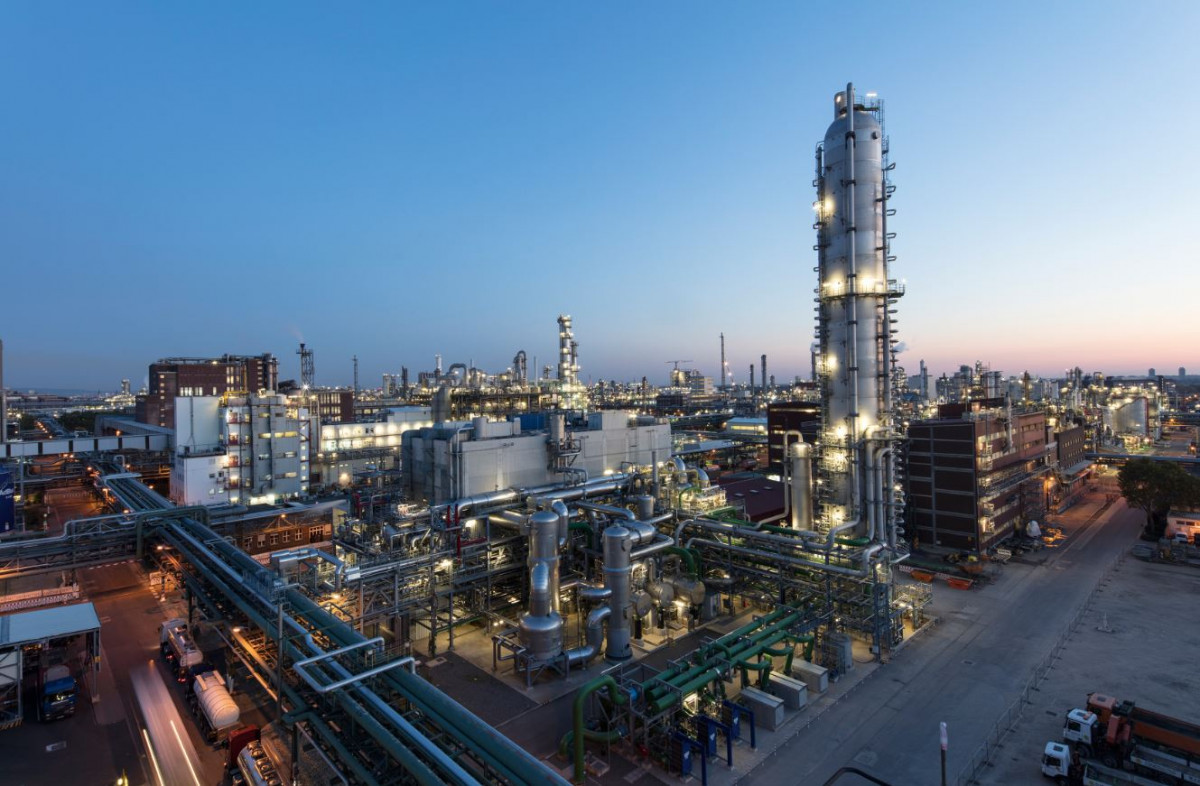German industry can become CO2-neutral, but not with new govt strategy – WWF
To lower industry emissions in the short term, increasing energy efficiency and ramping up renewable energies are key, according to a report by environmental NGO WWF. "In the medium and long term, there is no way around new climate-friendly production processes and an improved recycling economy," said Michael Schäfer, head of energy policy at WWF Germany. He added the capture and utilisation (CCU) or storage (CCS) of CO2 will also be important to deal with a remainder of unavoidable emissions. "Last but not least, it also depends on a positive feedback with the financial system, since the restructuring of industry requires high investments," the WWF said.
Like other climate action advocates, the WWF was very critical of the government's new climate strategy unveiled on Friday. "The measures announced by the climate cabinet don't yet provide the framework for the upcoming industrial revolution towards greenhouse gas neutrality," the organisation said. It stressed that industry needed "sufficient clarity as to how high a rising CO2 price will ultimately be" to have the planning security needed for large-scale investments.
Industry is Germany's second largest emitter of greenhouse gas emissions - trailing the energy sector – and CO2 output has not fallen over the last ten years. Around half of those emissions are caused by companies making steel, cement and chemicals. The majority of these emissions cannot be cut with conventional methods, because they are not directly related to the use of fossil energies, but are released during the chemical or physical transformation of materials (so-called process emissions).
It is theoretically possible to run most industry processes on renewable power – including its indirect use by making synthetic hydrogen. But switching current production levels to renewable energies would require enormous amounts of energy due to conversion losses. Making Germany's chemical industry alone entirely carbon neutral would require as much power as the whole of the country consumes at present, according to chemical industry association VCI.
This is why increasing efficiency and using the possibilities offered in a circular economy are key. This includes substituting cement, steel and chemicals with less energy-intensive products such as natural fibres, but also increasing longevity, reparability and recyclability, as well as boosting the shared use. But this approach to lower emissions is often neglected by industry, because it would involve throttling production.


